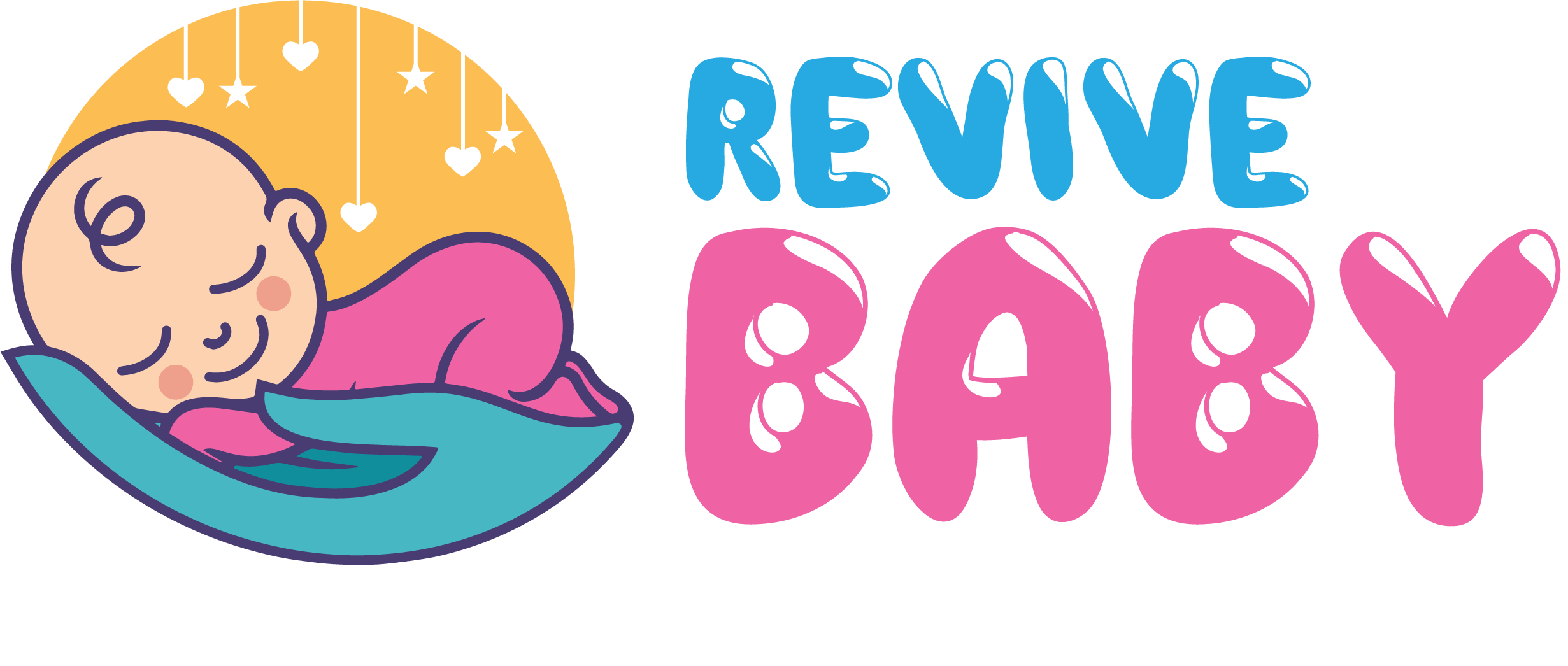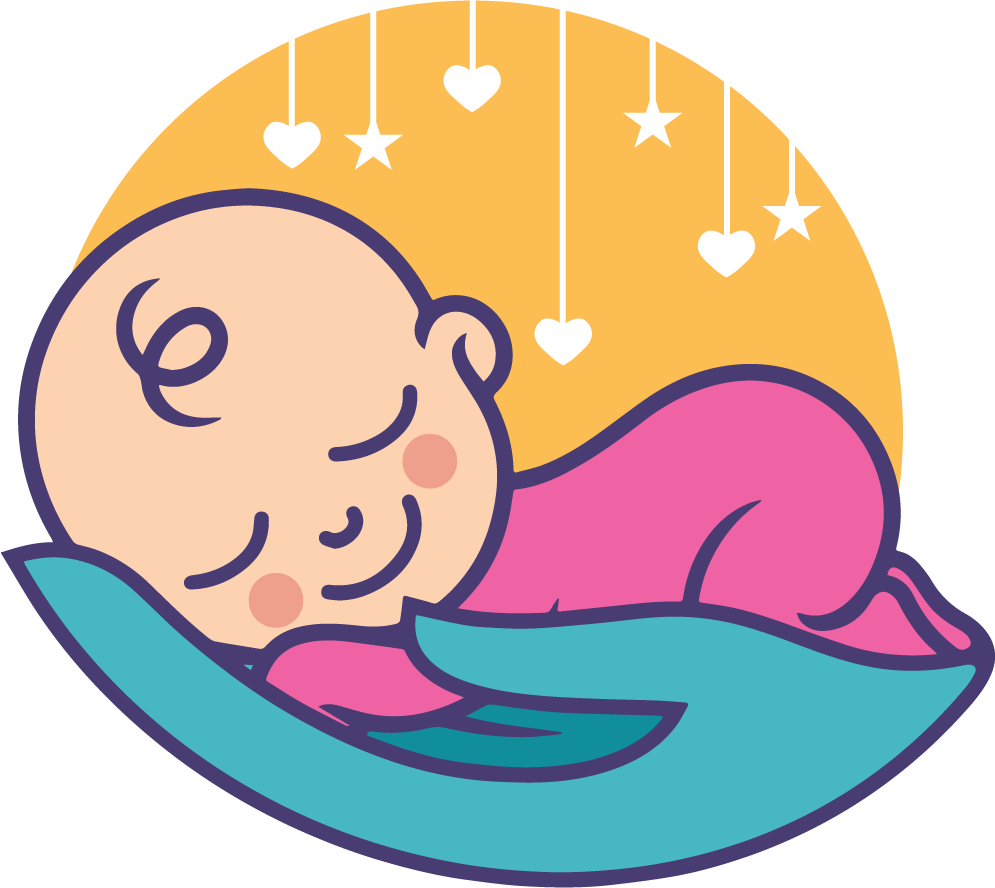It may be difficult to accept the reality of your pregnancy in the first few weeks. Nausea, exhaustion, and irritability are common pregnancy symptoms. Nonetheless, the sensation of a baby's first flutters makes everything seem more real.
Between weeks 18 and 20, you should notice your baby moving around. It's unusual for first-time mothers to feel their baby move until about 25 weeks. However, for experienced mothers, you may feel movement as early as 13 weeks.
Your child is most likely moving around there, and you feel the flutters. A baby's kicks are also known as quickening. You might be unable to tell whether the sensations you're feeling are from your baby or just gas.

However, you should notice a pattern developing over time, particularly during periods of the day when you can relax and reflect. So let's delve deeper for a better understanding!
What Is Happening To Your Baby At 9 Weeks?
At nine weeks, your baby has grown to the size of a raspberry and is beginning to resemble an infant. A baby at this time should weigh about 0.07 ounces or 0.9 inches.
Their muscles are developing, and their joints can bend, allowing them to move around. Now that the first trimester is nearly over, you should feel more like yourself.
Many of the unpleasant pregnancy symptoms are likely to fade. You should have already had your initial scan, but if you haven't, you will very soon. Your first appointment may take 8-12 weeks.
What Are Baby Flutters?
Flutters during pregnancy refer to the subtle, gentle movements or sensations the pregnant woman feels that are typically associated with the baby's movements in the womb. These movements are often described as fluttering, like the sensation of butterfly wings or gentle taps. Flutters are considered early signs of fetal movement and can be an exciting milestone for expectant mothers.
Differentiating flutters from other sensations
It is important to differentiate flutters from those that pregnant women may experience.
Here are some characteristics that can help distinguish flutters from other feelings:
- Gas or Digestive Sensations: Flutters are distinct from gas bubbles or digestive movements. While gas bubbles can also cause slight movements in the abdominal area, flutters are typically more rhythmic and occur at regular intervals.
- Muscle Spasms or Twinges: Flutters are different from muscle spasms or cramps, which can be caused by various factors such as stretching ligaments or changes in blood flow. Flutters are generally more delicate and can be distinguished by their repetitive, fluttering nature.
- Hunger Pangs or Stomach Growls: Flutters are not confused with hunger pangs or stomach growls. Hunger-related sensations tend to occur in the stomach, whereas flutters are felt in the lower abdomen or around the uterus.
- Braxton Hicks Contractions: Flutters should not be mistaken for Braxton Hicks contractions, which are mild, irregular contractions of the uterus. Flutters are typically much softer and more subtle than contractions.

How Do Baby’s Flutters Feel?
Pregnant women uniquely experience baby flutters. The answer varies according to the woman you ask. However, most women who have experienced flutters describe the sensation as follows:
It feels like you're having gas pains but not bloated.
- Your stomach is fluttering with anxiety.
- There's a tingling sensation in your stomach.
- It sounds like bubbling or popping come to mind.
- It's as if something is prodding you from within.
- The location of the flutters will vary depending on where the baby is in your uterus. Some pregnant women experience flutters lower in their stomachs, while others experience them higher in their stomachs. Some women feel a flutter in the middle, while others only feel it on one side.
During pregnancy, the flutters become more intense. If your spouse or friends touch your stomach, they will be able to feel it as well.

Is It Your Baby, Or Is It Gas?
A common misconception is that you cannot feel your baby move until you are 16 weeks pregnant.
On the other hand, pregnant women in their second, third, or even fourth pregnancies frequently report feeling the fetus move as early as the first trimester. This is because your baby's nervous system is nearly finished developing and begins to absorb shocks around the 9-week.
This is because the "flutters" you feel could be your baby taking its first movements. You may discover that this wonderful sensation is unique and best experienced while lying completely flat.
As a first-time mother, you may be unsure what to expect or how to care for yourself. Most people will tell you that you will feel your child kick, but if you are new to pregnancy, you may be unable to tell.
If this isn't your first pregnancy, you can tell the difference between the sensation of gas bubbles and your baby's movement.
When Do Flutters Typically Occur? - Timeline For Fetal Movement
The timeline of fetal movement and when flutters are typically felt can vary from woman to woman and pregnancy to pregnancy. However, some general patterns can help understand the timeline of fetal movement:
- Early Movements (9-13 weeks): During this early stage, the mother does not usually feel the baby's movements. The baby is still small and developing, and the movements are not yet strong enough to be noticeable.
- Quickening (18-25 weeks): Quickening refers to the first noticeable fetal movements felt by the mother. This usually occurs between the 18th and 25th week of pregnancy. Initially, the movements may be subtle, like flutters or gentle taps, and may be sporadic.
- Increased Activity (25-29 weeks): As the pregnancy progresses, fetal movements become more frequent and pronounced. The mother may start feeling various movements, including kicks, rolls, and stretches. The baby's Activity may also respond to external stimuli like noise or touch.
- Peak Activity (29-32 weeks): During this period, the baby's movements tend to reach their peak. The mother may experience more intense and frequent movements, with distinct patterns of Activity and rest.
- Decreased Space (32 weeks onward): As the baby grows and occupies more Space in the womb, the intensity of movements may decrease. The movements may still be felt, but they may feel more like rolls or stretches rather than sharp kicks.
Factors that can influence when flutters are felt
Several factors can influence when a pregnant woman starts feeling flutters or fetal movements:
- Position of the Placenta: The position of the placenta can act as a cushion between the baby's movements and the mother's abdomen, potentially delaying the perception of fetal movements.
- First Pregnancy vs. Subsequent Pregnancies: Women who have been pregnant may recognize fetal movements earlier in subsequent pregnancies. They are already familiar with the sensations and more attuned to them.
- Body Shape and Size: Women with a smaller build or thinner abdominal walls may feel flutters earlier than those with a larger build or more body fat.
- Baby's Position: The baby's position in the womb can affect how and when the mother feels movements. If the baby is positioned towards the back of the uterus or facing the mother's spine, the movements may take longer to feel.
- Uterine Tone: The tone and strength of the uterine muscles can affect the perception of fetal movements. Women with stronger uterine muscles may feel the movements earlier, while those with weaker muscles may feel them later.
- Placental Function: The health and functioning of the placenta can influence when fetal movements are felt. If the placenta is not efficiently transferring nutrients and oxygen to the baby, it may affect the baby's activity level, resulting in fewer noticeable movements.
- Position of Baby's Limbs: The position of the baby's arms and legs can impact when the mother feels movements. If the limbs are closer to the mother's abdominal wall, it may increase the likelihood of feeling flutters earlier.
- Amniotic Fluid Levels: The amount of amniotic fluid surrounding the baby can affect the perception of fetal movements. If the fluid levels are higher, it may make the movements feel more subtle or cushioned, potentially delaying their recognition by the mother.
Conclusion
The presence of fetal flutters indicates a healthy, active fetus. Baby flutters may appear before week 20 or may not appear until much later in the pregnancy.
After the mother notices them, regular, stronger fetal movements may be a health indicator.
If a pregnant woman is concerned about the movements of her fetus, she should contact her doctor or go to the emergency room.










